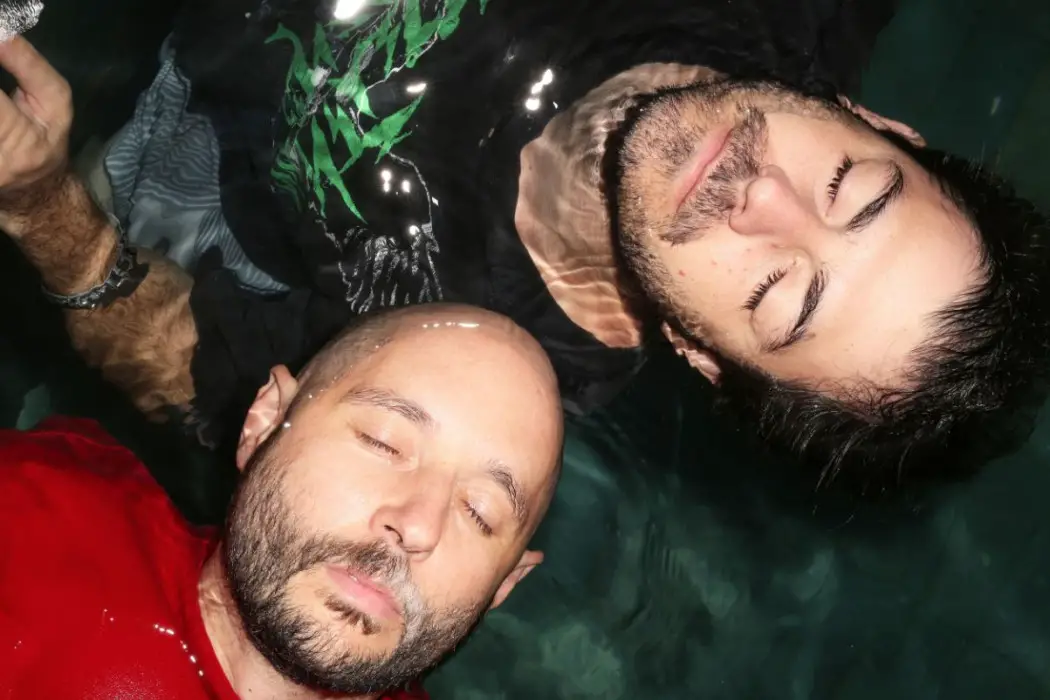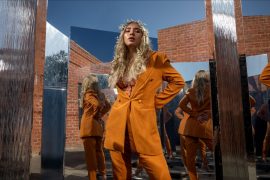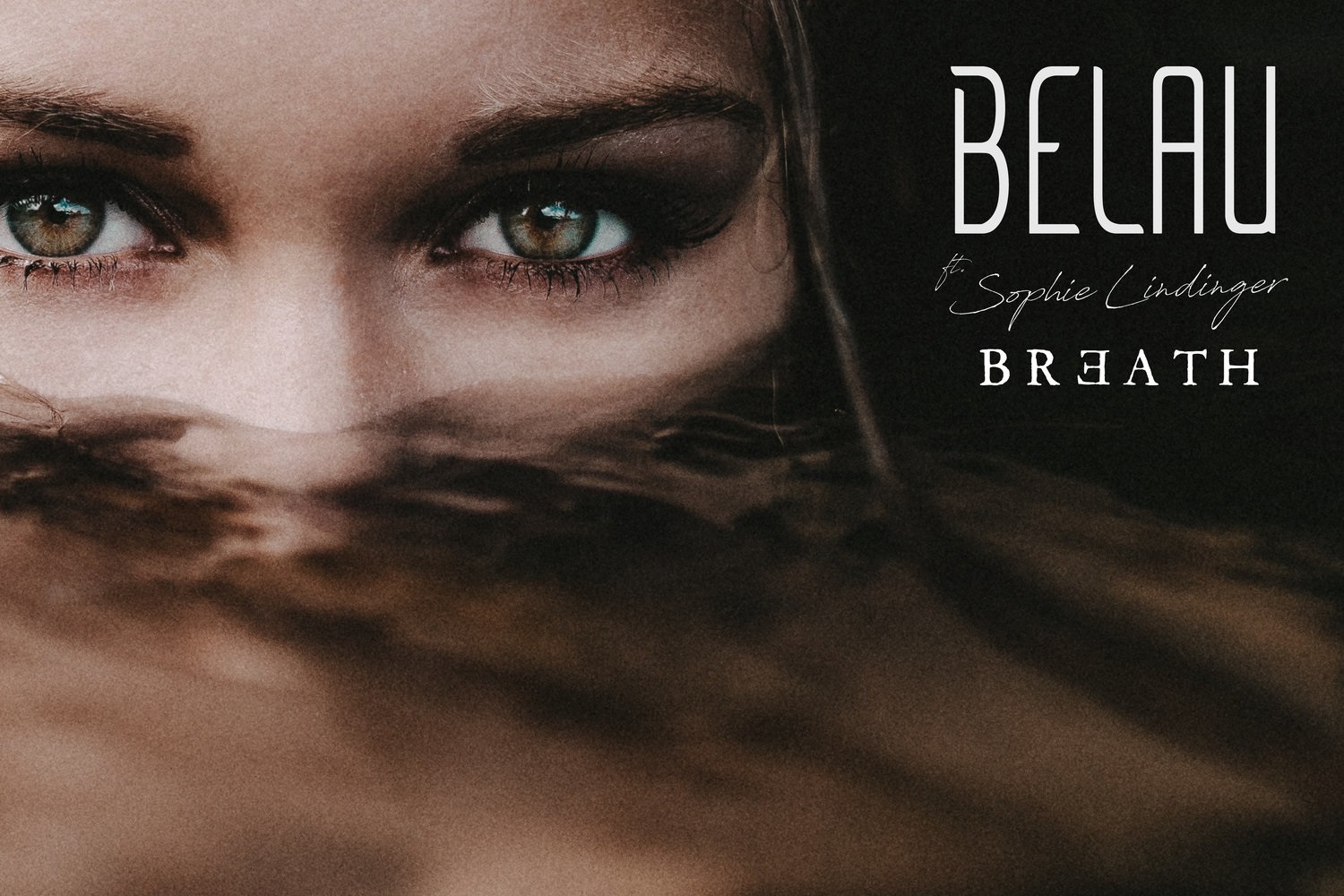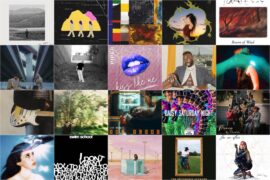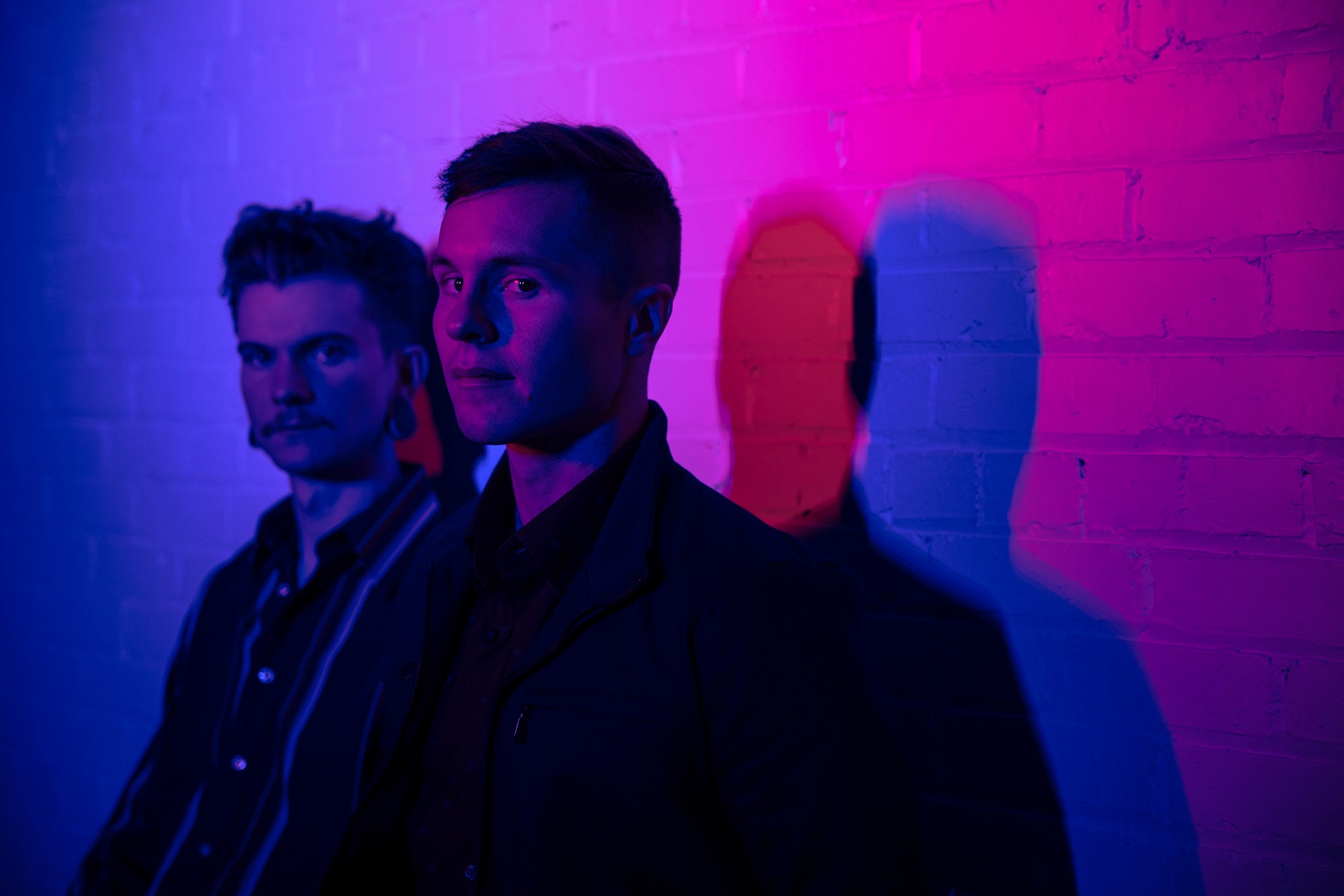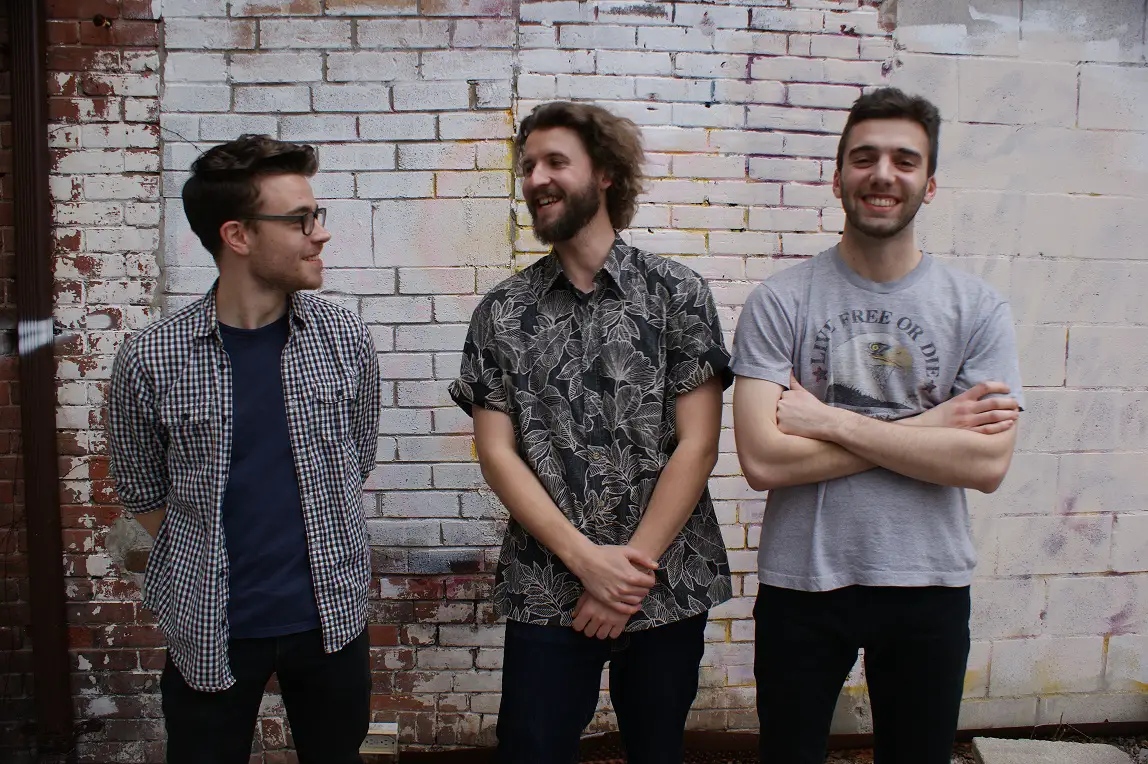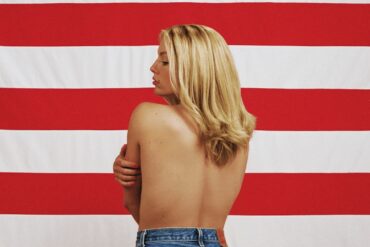Bag Raiders saw a pop culture relevance resurrection in 2017 and quietly put together another record, ‘Horizons,’ begging the question: what artistic possibilities are still open in a post-meme career?
— —
Satire is dead, they say. And I say the memes killed it.
Without being facetious, Bag Raiders will probably be known as the guys who crafted the “Shooting Star” meme song for a while. For one, there’s just too many of them.

Two, this does not necessarily condemn Bag Raiders to one-hit-wonder status. We know too much about those spectacular single hitmakers, their band name becoming inextricably linked to their only mass culture imprint. Memes, however, are products of compilation and condensation, the hyper-evolution of compressed multimedia and cultural communication. I didn’t even know the title of the music behind the meme until I bothered to research it. The tune was familiar but just parcel to amusing internet videos. In contrast, successes like Wild Cherry’s “Play that Funky Music” are but unique cultural artifacts that stand on their own and efface their creator from their knowledge. Ask anyone about Wild Cherry and they will reply with a grunt of what. Ask anyone about the song “Play that Funky Music” and chances are good for playing that funky music.
But the Shooting Stars meme was created out of Bag Raiders’ control, what the meme does or does not do is of no consequence besides generating some actual interest in their music. There is no stigma or enigmatic stature to being ingredient of a meme—people either love it or hate—rather the music is now being spread in one of the most viral forms of viral PR possible. Chief called, the memes are it.
So it was when I received an email to review Bag Raiders’ latest record, Horizons, I recognized the name, but couldn’t place the song. For a music impressionist to stay level-headed and for an artist to ensure a fair take, this was for the best. It wasn’t until after my first listen to the latest long-player that I decided to do more research on Bag Raiders. First fact of note: this is their first album after an eight-year lull. Second fact: Horizons is a noted departure from the eponymous debut while staying completely on the pulse with popular music. Third fact of note: that’s a good thing.

Horizons sounds similar to many contemporaries (but don’t tell Chris Stracey that), flicking through pages of tropical house, chillstep, drum-and-bass, break-beat and more to synthesize some damn fine results. The best songs highlight these singular foibles; the hyper-distorted mellotron trumpet sample on “Wild at Heart,” the break-beat drum loops on “Back to Myself” and “Medicine,” the stutter-step loop on “Lazy,” and the neo-soul falsettos and R&B thumps on “I’ll Be Loving You.” Nothing here is revolutionary, but then again neither was In Return, yet I foresee many a sunset jam in this long-player’s future.
Which is probably the best function for this record; don’t ask its lyrics much besides what they have to say about love. Stracey might find the results multichromatic, but the mood becomes one-note—there really is only so many ways to slice an orange, and the feeling of breaking up will always sting akin to citrus on open skin.
Interviewing Stracey, (other half Jack Glass preferring to focus on the music) however, provides insight into the difference between album artist and club DJ, how Bag Raiders craft their songs, how they collaborate, and how they tune themselves in or out of music. Their responses were eye-openers and confirmation: memes may be forever, but what ultimately can they say in face of creatives and their projects?
Get all of the information on their latest album in Atwood Magazine’s exclusive interview!
Listen: ‘Horizons’ – Bag Raiders
:: A CONVERSATION WITH BAG RAIDERS ::
Atwood Magazine: The eponymous debut record was released in 2011, what was the hold up from?
Bag Raiders: Following the debut, we did a lot of touring, wrote and released a bunch of music and remixes, traveled a lot, moved record labels, worked on new music, and, finally, we wound up with a cohesive body of work that we were happy to release as an album and here we are!
What was the impetus for this record, when did things really start clicking
Bag Raiders: It was less a case of “let’s make an album NOW” and more a case of “let’s work on new music and see where it takes us.” We like to do something different for every song so that there’s variation, but I think things started really clicking when we had the volume of work, about six songs that felt like they lived in the same world. Even though the moods were quite different across the tunes, there was an underpinning “ness” to it that felt like us and what our project is about.
You work with DJ Mickey Kojack on “Wild at Heart” and the group Tora on “Back to Myself,” what differences are there between collaborating with an electronic group as compared to a DJ?
Bag Raiders: Well every collaboration is different. However, being in a band/group or being a solo artist or being a DJ isnʼt necessarily indicative of your entire musical identity. It might just be one of various things that you do with your musical life. The thing is, we’re collaborating with musicians. When we were working with Jo from Tora, it was Jo as a vocalist, and when we were working with Mickey, it was as Mickey a vocalist.
How do you select who you would like to collaborate with? Do you pursue official channels first or is it an informal request?
Bag Raiders: It’s usually that we hear something we like and unconsciously keep it in the bank. Then we might be working on something later and think “you know what, X person’s voice would really suit this tune.” Then if we have a line to the person we will approach them but if not weʼll get management involved.

Thereʼs a high-pitched squeal, very much like a Mach-speed kazoo, on the instrumental chorus of “Wild at Heart.” For the life of me, I cannot figure out what artists do to make a synthesizer replicate such a sound, any insights on where that sound comes from?
Bag Raiders: Haha Mach-speed kazoo is a great descriptor. Yes, this sound was one of our favorite jokes on the album, we did a lot of processing to that sound. If you take all of the FX off, it sounds like a droopy warbly trumpet… Itʼs laughable. Itʼs actually a mellotron sample of a trumpet, but we hyped it up beyond all recognition with distortion and reverb and compression etc and thatʼs how we got that sound. With the right tools, you can get a good sound out of anything, really.
Speaking of that high-pitched synth squeal, itʼs very reminiscent of an M83 or Odesza piece, further “Back to Myself” features a scratchy, faded industrial house drum loop that recalls the Nicolas Jaar effort “I Never Dream”—are these unconscious references or deliberate choices?
Bag Raiders: No, I think youʼll find high-pitched synth squeals have been on our agenda since the first tune we ever made called “Fun Punch.” Itʼs just a vibe thatʼs always attracted us. I do love some M83 but, no, it wasnʼt a reference for the tune. The idea behind “Back to Myself” wasnʼt inspired by Jaar, it was more looking back at early 90s break-beat rave movement, which, listening to that Jaar track now, sounds to be where he was going with that tune as well. I love the way the drums on those old records give a sense of life to them because theyʼre sampling real players rather than drum machines.
What artists were you spinning frequently before and while you both came together to write this record?
Bag Raiders: I was listening to a lot of classical (Borodin, Debussy, Chopin), Nina Simone, Shirley Horn, Susumu Yokota, Kendrick Lamar, Visible Cloaks, Afrobeat, Turkish Psych, etc. We’ve put up monthly playlists of the music we are currently listening to on the various streaming platforms. Take a listen. It might not be what you expect, but youʼre sure to discover something new.
Many house, electronic and dance music artists like to put out mixtapes and EPs, Peggy Gou and Jeremy Underground come to mind, rather than the original, full-length portfolio of a record album punctuated by singles. Do you think there’s a benefit to doing both or is it better to stick to one or the other?”
Bag Raiders: I think if youʼre primarily a DJ, then itʼs better to put out singles or EPs, especially if youʼre churning out club tracks. If youʼre making varied music that doesnʼt necessarily stick to a single genre, then youʼre naturally going to want to release a body of work in the form of an album because to you It might seem that the tunes will be better appreciated in that context.
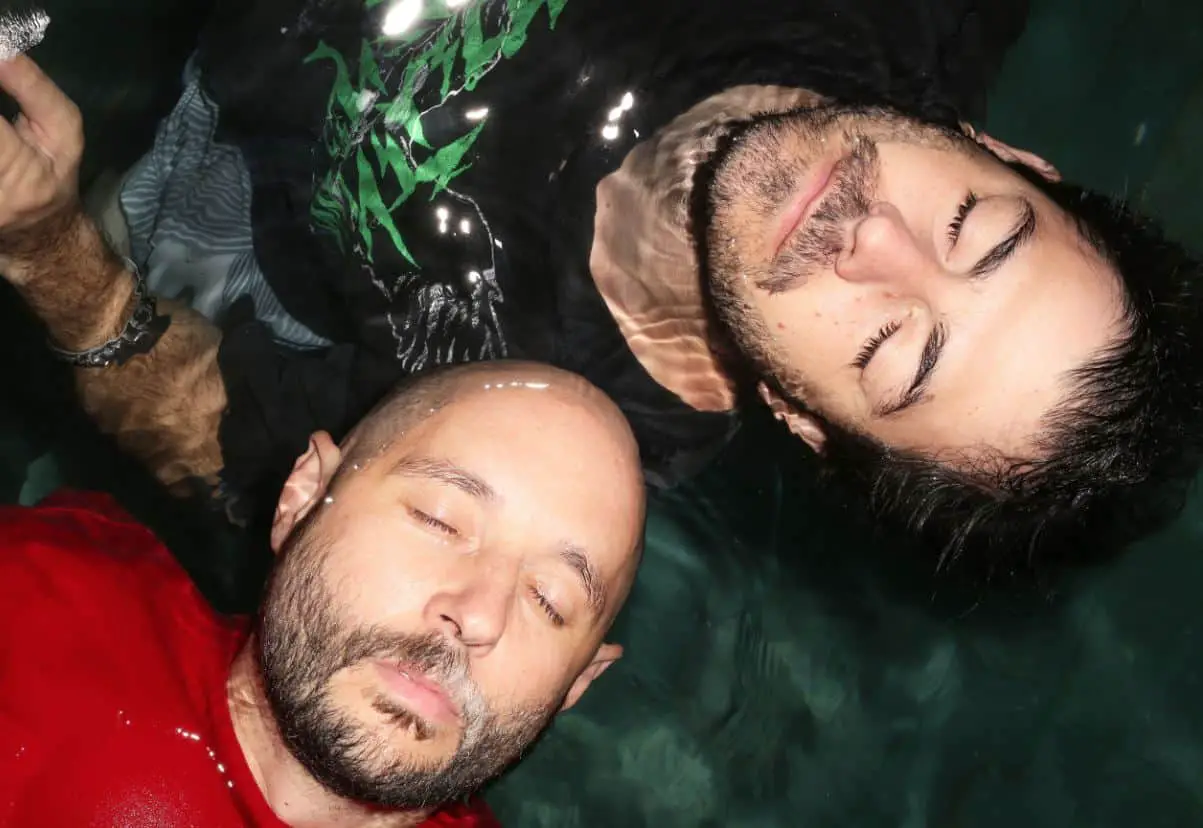
For Chris Stracey: in an interview with Fusion Magazine, you mentioned the importance of noise-canceling headphones while on tour in order to enjoy a quiet space. But what is the importance of knowing silence as a recording artist in the studio? Are there moments where silence is required, or does album work entail nonstop sound all the time?
Bag Raiders: Haha thatʼs me, Iʼm into canceling the noise for sure!! For sure silence is important in music. Itʼs yin and yang you know? I think silence is a great tool in writing music. It resets the brain. It lets things breathe. Especially when you start layering parts on top of each other, you need to let them speak to each other, and for that conversation to work, someone needs to be silent while someone is talking.
Are the lyrics written solo or do you collaborate on them? Does literature inform your wordsmithing?
Bag Raiders: This changes every time. Often itʼs solo, sometimes itʼs collaborative. Definitely literature on an unconscious level informs the way I write, in that other music unconsciously informs the way that I write music (if youʼd never heard a synthesizer and drum beat before Iʼm not sure youʼd come up with that combo on your own). I sort of catalog lyric ideas when they pop into my head on my phone. Sometimes when Iʼm writing, Iʼll often look over that stuff. Sometimes Iʼm playing chords over and over on the piano and words just come out. Sometimes itʼs a lot more of a search.
Many of the songs on the new album, Horizons deal with waiting for love to arrive or to return, are these themes innate to writing popular music, or is it just an easier conceit? What importance is there to lyrics in electronic songs that chart relatively high, say, top 40ish?
Bag Raiders: I think the reason most popular music deals with themes of love is that itʼs the most common feeling thatʼs experienced among humans which has the highest complexity. Every love and lover is different and the experience can be expressed and interpreted in so many ways and we often wonder what it feels like for another person. Lyrics about love are an insight into what that might be like. Having said that, there are some great songs out there where the lyrics are total nonsense, but the feelings that hook you in are just made from the right combo of the music and the vocal delivery, and it still makes you feel something. Sometimes you get great lyrics from high-charting songs; often you get absolute trash. That’s the great thing about living in this age! Thereʼs something for everyone.
— —
:: purchase/stream Horizons here ::
— — — —

Connect to Bag Raiders on
Facebook, Twitter, Instagram
Discover new music on Atwood Magazine
? © Byron Spencer
:: Stream Bag Raiders ::

